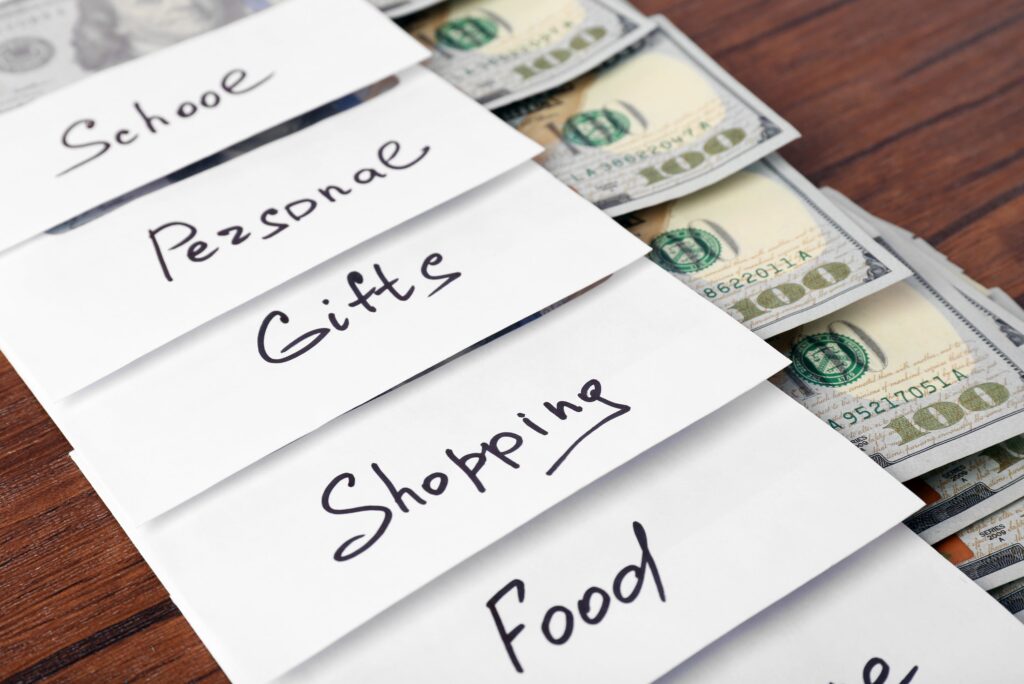Ever swipe your plastic fantastic a little too freely? Let’s be honest, credit cards can be a double-edged sword. They offer convenience, rewards points, and emergency lifelines, but using them irresponsibly can land you in a financial quagmire. This post is your guide to navigating the world of credit like a pro.
By the end of this journey, you’ll be equipped with the knowledge and strategies to avoid common credit pitfalls. We’ll cover everything from understanding credit card statements to keeping your utilization rate in check. Are you ready to unlock the true power of credit and build a financially secure future? Let’s dive in!
Demystifying Your Credit Card Statement
Understanding your credit card statement is the first step to using credit responsibly. It’s not just a piece of paper begging to be recycled! This document holds valuable information about your spending habits and credit health. Here’s what to pay close attention to:
- Minimum Payment: This is the bare minimum amount you need to pay each month to avoid late fees. However, paying only the minimum keeps you trapped in a cycle of debt due to compounding interest. Aim to pay your balance in full whenever possible.
- Statement Closing Date: This is the date your billing cycle ends. Understanding this date is crucial for calculating your grace period (the time you have to pay your bill in full before interest accrues).
- Due Date: This is the deadline to make a payment to avoid late fees. Missing a due date can negatively impact your credit score.
- Interest Rate: This is the fee you’re charged on your outstanding balance. Interest rates can vary significantly, so it’s important to be aware of yours and strive to pay your balance in full to avoid these charges.
- Credit Utilization Ratio: This ratio represents the percentage of your available credit limit that you’re using. Aim to keep your utilization below 30% for a healthy credit score.
Budgeting and Tracking Your Spending
Budgeting might sound like a chore, but it’s the ultimate weapon against overspending. Here are some tips to get you started:
- Track your income and expenses: There are plenty of budgeting apps and free online tools to help you categorize your spending. Awareness is key!
- Create a realistic budget: Allocate funds for essential expenses like rent, groceries, and transportation. Then, factor in some wiggle room for fun stuff.
- Prioritize needs over wants: Credit cards are not magic money machines. Use them for planned purchases you can afford to pay off, not impulse buys.
Once you have a budget in place, link your credit card to a spending tracker app. This allows you to monitor your spending in real-time and ensures you don’t go overboard.
Steering Clear of Common Credit Traps
Now that you understand credit card statements and have budgeting under control, let’s explore some common credit pitfalls to avoid:
- Minimum Payment Trap: Remember, paying only the minimum keeps you in debt for longer due to accumulating interest. Make a conscious effort to pay your balance in full whenever possible.
- Cash Advance Trap: Cash advances often come with higher interest rates and fees compared to regular credit card purchases. Avoid using cash advances unless absolutely necessary. 0
- Retail Financing Trap: “Buy now, pay later” schemes might seem enticing, but be wary of hidden fees and interest charges. Factor in the total cost of the purchase before committing.
Building a Good Credit History
Using credit responsibly goes a long way in building a good credit history. Here are some golden rules to remember:
- Pay your bills on time: On-time payments are the most significant factor influencing your credit score. Set up automatic payments or calendar reminders to stay on track.
- Keep your credit utilization ratio low: Remember, aim to keep your credit card balance below 30% of your credit limit. This demonstrates your ability to manage credit responsibly.
- Don’t apply for too much credit at once: Multiple credit card applications within a short timeframe can negatively impact your credit score.
Conclusion
By following these tips and using credit responsibly, you’ll be well on your way to financial freedom. Remember, credit is a powerful tool, but it needs to be wielded wisely. With knowledge, budgeting strategies, and responsible credit habits, you can unlock a future filled with financial security and achieve your financial goals.
Do you have any questions about using credit responsibly? Have you ever fallen into a credit trap? Share your experiences and tips in the comments below. Let’s build a financially empowered community and help



